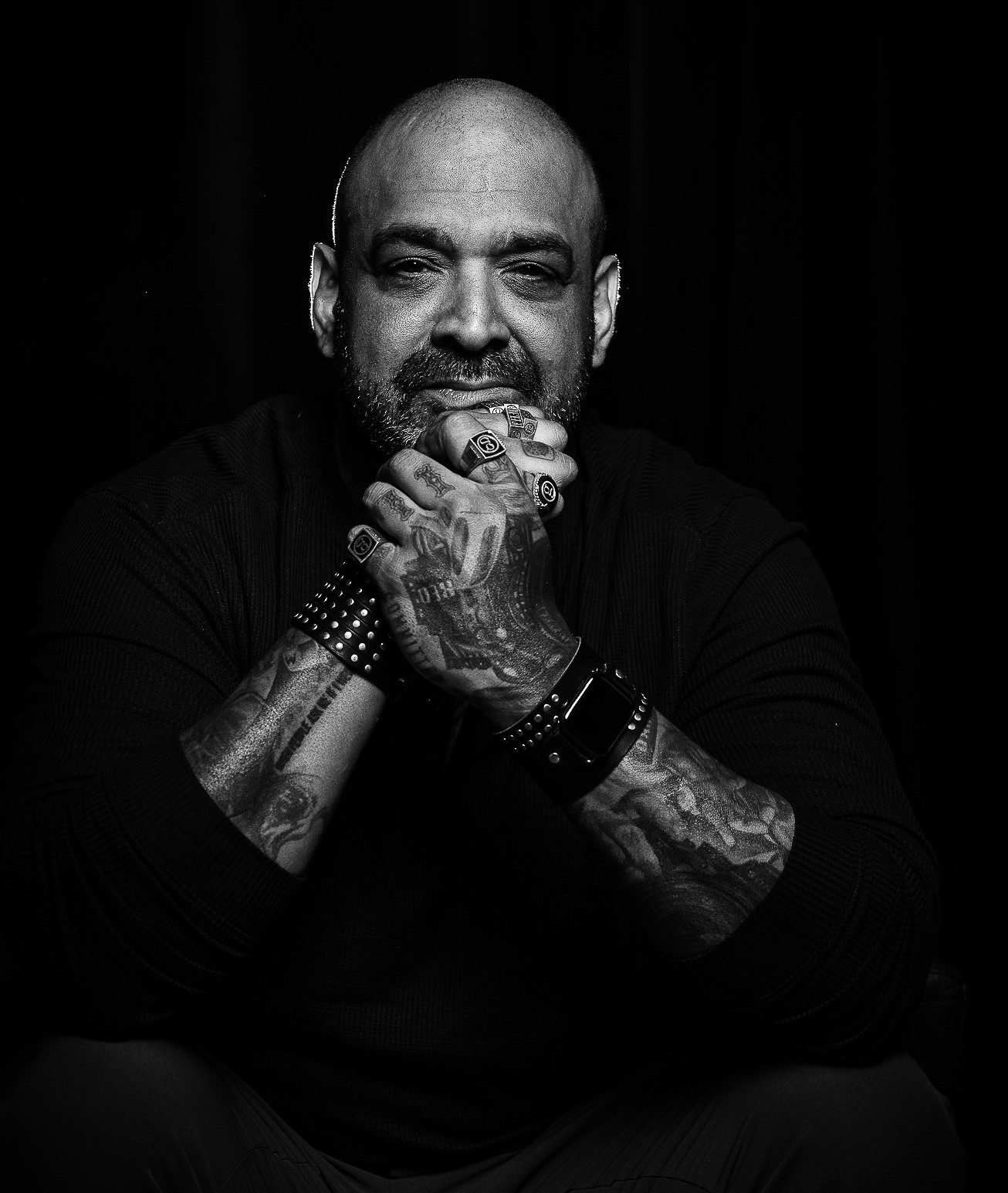Capturing Reality on Screen | Nathan Taupez Scinto Unscripted Producer
At Think Global Media Group, we understand that documentary filmmaking is not a one-size-fits-all process. Each story demands its own unique structure, tone, and style to truly connect with audiences. That’s why we specialize in producing a wide variety of documentary formats, ensuring your vision is brought to life in the most impactful way possible. Below, we break down 20 different types of documentary films that can be produced, each serving a different purpose and audience.
1. Expository Documentaries
Narration-driven films that provide facts, context, and explanations—perfect for educational or historical subjects.
2. Observational Documentaries
A “fly on the wall” approach where the camera simply observes events as they happen, ideal for authentic storytelling.
3. Participatory Documentaries
Where the filmmaker interacts with subjects, adding a personal perspective or involvement in the story.
4. Poetic Documentaries
Abstract, artistic, and visually driven, focusing on mood and emotion rather than a linear story.
5. Reflexive Documentaries
Films that highlight the filmmaking process itself, making the audience aware of how the story is being told.
6. Biographical Documentaries
Focused on the life, career, and legacy of a notable individual, from artists to politicians.
7. Historical Documentaries
In-depth explorations of past events, blending archival footage, expert interviews, and narration.
8. Social Issue Documentaries
Centered around raising awareness and inspiring action on pressing global or local issues.
9. Environmental Documentaries
Films highlighting nature, climate change, wildlife conservation, or sustainability efforts.
10. Travel Documentaries
Immersive journeys that explore cultures, destinations, and adventures worldwide.
11. Sports Documentaries
Capturing athletes, teams, and the drama of competition, appealing to fans and broader audiences.
12. Music Documentaries
Showcasing the life, art, and influence of musicians or exploring cultural music movements.
13. Political Documentaries
Exploring political figures, movements, or elections, often with a critical or investigative lens.
14. True Crime Documentaries
Delving into real-life cases, criminal investigations, and mysteries that intrigue audiences.
15. Health & Wellness Documentaries
Addressing topics such as mental health, medicine, or lifestyle choices to inform and inspire.
16. Science & Technology Documentaries
Explaining scientific discoveries, technological advancements, or futuristic innovations.
17. Experimental Documentaries
Breaking traditional storytelling rules by using unconventional visuals, editing, or sound.
18. Educational Documentaries
Tailored for schools, organizations, or platforms with the goal of teaching specific subjects.
19. Faith & Spiritual Documentaries
Exploring religion, spirituality, or personal journeys of belief.
20. Corporate & Branded Documentaries
Films created for businesses to tell their brand story, highlight their mission, or connect with consumers.
Differences between a Documentary Film Producer and a Documentary Film Director
At Think Global Media Group, we recognize that creating a powerful documentary requires the combined expertise of both a producer and a director. While these roles often work closely together, their responsibilities are very different. Understanding the distinction between a documentary film producer and a documentary film director is essential for anyone planning a production. Each role brings unique benefits that shape the success of the film.
The Role of a Documentary Film Producer
 The producer is the architect of the production. They are responsible for the overall vision, organization, and execution of the project. Producers handle the business and logistical side of filmmaking, ensuring the documentary has the resources it needs to succeed.
The producer is the architect of the production. They are responsible for the overall vision, organization, and execution of the project. Producers handle the business and logistical side of filmmaking, ensuring the documentary has the resources it needs to succeed.
Key responsibilities of a documentary producer include:
- Securing funding and managing the budget
- Hiring crew and assembling the right team
- Handling contracts, permits, and scheduling
- Coordinating distribution and marketing strategies
- Ensuring the project is completed on time and within scope
Benefit of hiring a producer: You gain a dedicated partner who manages every moving piece behind the scenes, freeing up the creative team to focus on storytelling.
The Role of a Documentary Film Director
The director is the creative visionary. While the producer ensures the film gets made, the director decides how the story is told. They guide the creative process, shaping the narrative and working directly with subjects and crew to bring the story to life.
Key responsibilities of a documentary director include:
- Crafting the artistic vision and narrative style
- Directing interviews and on-camera subjects
- Choosing camera angles, visual tone, and pacing
- Collaborating with editors during post-production
- Ensuring the final film reflects the intended message
Benefit of hiring a director: You gain a storyteller who translates ideas and raw footage into a compelling, emotionally resonant film.
Why Both Roles Are Essential
While producers focus on management and strategy, and directors focus on creativity and execution, together they form the backbone of a successful documentary. A producer ensures the film is possible, while a director ensures the film is unforgettable.
What is a Docuseries and How to Produce one?
At Think Global Media Group, we specialize in creating high-quality docuseries that captivate audiences, inform viewers, and spark meaningful conversations. A docuseries is a multi-episode documentary format that dives deep into a subject, person, or event, unfolding across several episodes rather than a single feature-length film. This format has become increasingly popular on streaming platforms because it allows for in-depth storytelling, layered perspectives, and extended audience engagement.
What is a Docuseries?
 A docuseries blends the investigative depth of documentaries with the episodic nature of television. Unlike a single documentary film, a docuseries explores a topic over multiple episodes, giving space for more characters, story arcs, and detailed analysis. From true crime to history, science, sports, or celebrity culture, docuseries allow viewers to immerse themselves in a subject while keeping them engaged week after week.
A docuseries blends the investigative depth of documentaries with the episodic nature of television. Unlike a single documentary film, a docuseries explores a topic over multiple episodes, giving space for more characters, story arcs, and detailed analysis. From true crime to history, science, sports, or celebrity culture, docuseries allow viewers to immerse themselves in a subject while keeping them engaged week after week.
Benefits of a docuseries format include:
- Extended storytelling across multiple episodes
- Higher audience retention and engagement
- Greater opportunity for streaming and syndication deals
- Ability to cover complex subjects in detail
How a Docuseries is Produced
Producing a docuseries requires a strategic and creative approach. At Think Global Media Group, we guide clients through each stage of production to ensure the series is both impactful and market-ready.
Steps in docuseries production include:
- Concept Development – Defining the central theme, audience, and episodic structure.
- Research & Pre-Production – Conducting in-depth research, securing access to subjects, and planning locations.
- Production – Filming interviews, b-roll, and live events with cinematic quality.
- Episode Structuring – Breaking down storylines into compelling multi-episode arcs.
- Post-Production – Editing, sound design, graphics, and music to create polished episodes.
- Distribution & Marketing – Positioning the docuseries for streaming platforms, television networks, and global markets.
Docuseries Production Services at Think Global Media Group
At Think Global Media Group, we provide end-to-end docuseries production services, managing everything from concept creation to final delivery. Our experienced producers handle the logistics, scheduling, and budgeting, while our directors bring storytelling expertise to shape each episode into an engaging narrative. We also assist with distribution strategies, helping clients connect with major platforms and audiences worldwide.
Bring Your Vision to Life
At the heart of unscripted television, Nathan Taupez Scinto continues to set the standard for compelling reality-based storytelling. His ability to capture authentic human experiences and transform them into powerful narratives keeps audiences engaged across platforms. By blending creativity with production expertise, Nathan delivers projects that not only entertain but also resonate with viewers on a deeper level, solidifying his reputation as a leading unscripted producer in today’s ever-evolving media landscape.
Ready to produce your documentary film? Contact Think Global Media Group today.
(888) 653.2688
Globalfilmzstudios.com | Globalfilmz.com | Info@GlobalFilmz.com



Recent Comments